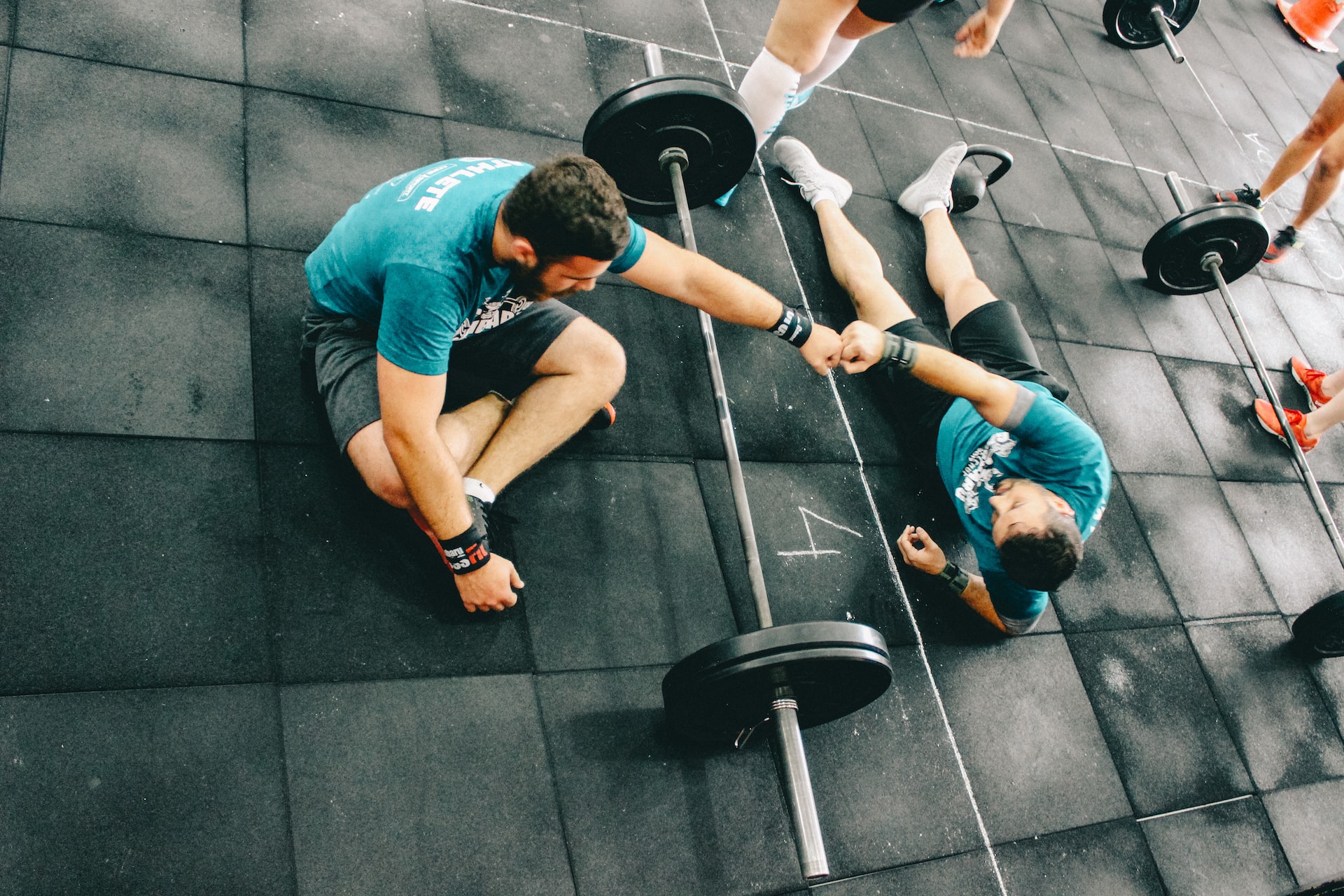Strong antioxidants like vitamin C are crucial for assisting the body in reducing the harm caused by free radicals, which are produced by environmental stresses, a poor diet, and even vigorous exercise. But it also serves other crucial roles, such as assisting quicker healing and helping with iron absorption.
- aids in cell protection and promotes wound healing
- eliminates harmful free radicals that can harm the body
- decreases the incidence of certain cancers
- keeps the skin, blood vessels, bones, and cartilage in good condition.
- aids with collagen synthesis
- improves the body’s absorption of iron
Megadoses of vitamin C taken through supplements have not been demonstrated to have any advantages, despite the possibility that they may improve general health. According to research, taking vitamin C daily only marginally shortens the duration of a cold and offers no protection against the majority of colds. Additionally, starting vitamin C while unwell has no effect on a cold.
To keep healthy, how much vitamin C do sportsmen need?
Many vitamin C methandienone supplements include 1000 mg or more of vitamin C per serving, far more than anyone requires daily. According to National Health Services, taking more than 1000 mg of vitamin C at once can also cause gastrointestinal distress. Additionally, consuming too much vitamin C can actually result in dangerously high iron storage in athletes with hemochromatosis, a condition where their iron levels are naturally high. High amounts of vitamin C may potentially conflict with some cancer and cardiac treatments and drugs.
Can diet alone provide enough vitamin C for athletes?
Definitely. Additionally, the vitamin C-rich fruits and vegetables will benefit your health in additional ways. For instance, a Florida orange contains 3.4 grams of dietary fiber in addition to fast-acting carbohydrates that can improve your athletic performance and delivers 106% of your daily needs for vitamin C. Small levels of vitamin A, folate, thiamin, calcium, magnesium, and potassium are also present in oranges. Do you want something even quicker and easier? With the exception of fiber, orange juice offers comparable advantages and is a fantastic pre-workout beverage that raises your accessible glycogen stores.
Kiwi, lemon, grapefruit, bell peppers, strawberries, tomatoes, cabbage, cauliflower, broccoli, white potatoes, and Brussels sprouts are additional sources of vitamin C. Choose stir-frying over boiling to prevent losing part of the vitamin content from cooking in order to consume meals with the highest concentration of vitamin C.
 Is taking a vitamin C supplement preferable?
Is taking a vitamin C supplement preferable?
The majority of sports dietitians advise a food-first strategy for nutrition because food has a higher nutritional value than supplements, which always carry some risk. USADA has long advised that athletes utilize only nutritional supplements that have been certified by a third-party program that tests for substances that are prohibited in sport if they decide to use supplements despite the dangers.
Since there are sources for nearly every athlete’s preferences, allergies, and dietary needs, getting vitamin C from whole foods is pretty simple. A modest glass of orange juice is a good source of vitamin C, and taking an iron supplement that has been prescribed by a doctor or nutritionist with it actually increases the iron’s effectiveness.
Why are supplements generally dangerous?
The Food and Drug Administration (FDA) does not evaluate the safety, effectiveness, or label accuracy of supplements before they are sold to consumers, in contrast to pharmaceuticals. Manufacturers may erroneously identify illegal substances on labels or delete them entirely from labels. Despite FDA warnings and recall initiatives, nutritional supplements with questionable or hazardous chemicals have occasionally been found for years on the market. Visit USADA’s Supplement Connect resource center for more details on identifying and lowering your risk from supplements.




